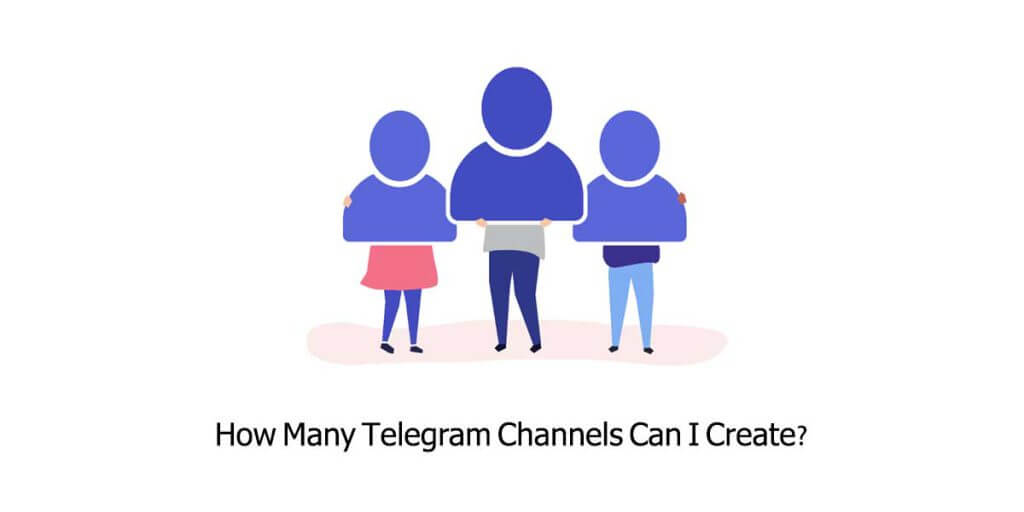Navigating Telegram's Stance on Censorship
페이지 정보
작성자 Kerstin 작성일25-06-01 10:16 조회7회 댓글0건관련링크
본문
With the increasing trend of digital communication, the world has seen a rise in the use of messaging apps, among which Telegram has emerged as a ubiquitous option. Launched in 2013 by the Russian-born entrepreneur Pavel Durov, Telegram boasts of some unique features that make it attractive to customers. However, Telegram's approach to handling censorship and government demands has been a topic of much debate among tech enthusiasts and human rights lobbyists.
For those who may not be aware, Telegram's founders, Eugene Joffe and his sister Anastasia, faced their own share of censorship when they initially launched the app in Ukraine. Following their decision to suspend the account of Russian Deputy Prime Minister Dmitry Rogozin, they were forced to leave the country due to administrative pressure. This incident laid the groundwork for Telegram's stance on regulation.
So, how does Telegram handle regulation? The answer lies in its unwavering commitment to user data privacy and the use of end-to-end encryption for private chats. This means that all messages exchanged in secret chats are encrypted, making it impossible for any third-party to intercept and read them. Moreover, Telegram does not store user data on its servers, making it a secure platform for users who value their online security.

In addition to end-to-end encryption, Telegram also uses a distributed infrastructure, which allows it to operate without a centralized server or a single point of failure. This makes it difficult for authorities and other entities to shut down the app or restrict its users. Furthermore, Telegram's open-source repository allows developers to audit and verify the app's source code, ensuring that it does not contain any backdoors that could compromise user data.
However, Telegram's approach to censorship has not been without its controversies. In 2022, the Russian government launched a campaign against Telegram, demanding that it hand over platform access. In response, Telegram's founder Pavel Durov announced that the app would continue to operate without any changes, even if it meant facing fines. This move was seen as a audacious statement by the company, highlighting its commitment to user data protection and the principles of freedom of speech.
In contrast to other messaging apps like WhatsApp, telegram中文版下载 which is owned by Meta, Telegram's stance on censorship is refreshingly straightforward. While Meta has been known to comply with government demands and censor user content, Telegram remains steadfast in its commitment to user data protection and the principles of free expression. This has made Telegram a choice among individuals who value their online autonomy.
In conclusion, Telegram's approach to censorship is rooted in its firm commitment to user data protection and the principles of freedom of speech and expression. Through the use of end-to-end encryption, distributed infrastructure, and open-source repository, Telegram has managed to create a reliable platform for users who value their online security. While this approach has not been without its criticisms, Telegram's founder Pavel Durov has consistently demonstrated a willingness to stand up to government pressure and uphold the principles of user data protection.
댓글목록
등록된 댓글이 없습니다.